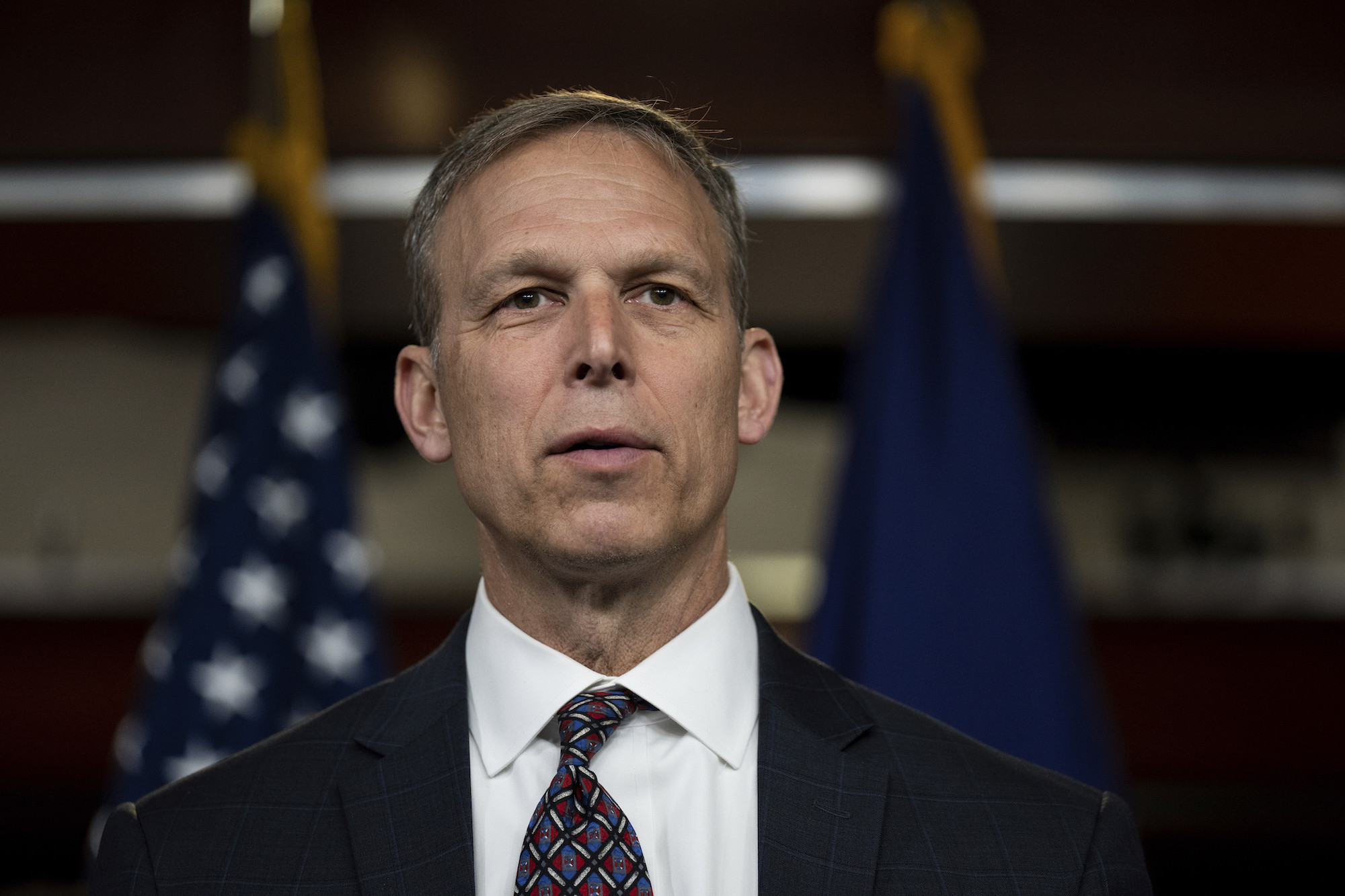Biden's Preemptive Pardons: A Controversial End to an Era
In a dramatic turn of events just hours before leaving office, President Biden issued preemptive pardons to a significant number of individuals, including Dr. Anthony Fauci, retired General Mark Milley, and the members and staff of the House Select Committee that investigated the January 6th attack on the U.S. Capitol. This unprecedented move has ignited a firestorm of debate and speculation, prompting questions about the motives and implications of such a decision.
The Rationale Behind the Pardons
President Biden justified his actions by citing concerns about "unjustified and politically motivated prosecutions" by the incoming Trump administration. He emphasized that the pardons were not an acknowledgment of wrongdoing but rather a protective measure to shield individuals who he believes were targeted for their roles in investigating and responding to the January 6th insurrection. This action followed President-elect Trump's statements and actions which signaled a potential reckoning for those deemed opponents.
The Individuals Pardoned
The list of individuals receiving preemptive pardons was notable for its inclusion of prominent figures:
- Dr. Anthony Fauci, the former director of the National Institute of Allergy and Infectious Diseases, faced relentless criticism and threats from some political circles, notably for his advice regarding the COVID-19 pandemic. His statement expressing gratitude for the protection underscores the pressure faced by public figures.
- Retired General Mark Milley, former chairman of the Joint Chiefs of Staff, had previously expressed strong criticism of President Trump, leading to escalating threats and calls for retribution. His response of relief highlights the emotional strain inflicted by political targeting.
- The members and staff of the Jan 6 committee were also pardoned. The President articulated his belief that these individuals were merely doing their job in investigating the events of that fateful day and should not face unwarranted reprisal. Staffers reacted with a mixture of surprise and relief following the announcement, demonstrating the widespread concern.
The scale of the pardons, extending to dozens of staffers, also sparked discussion around the interpretation of the pardons and who exactly they cover. The uncertainty surrounding consultants and contractors highlights the complexities.
Political Implications and Precedents
This unprecedented use of executive clemency has raised significant questions about the future of presidential power and the potential for future administrations to employ similar strategies. While President Biden's actions aimed to defend individuals against perceived political persecution, critics argue that the preemptive nature of these pardons could set a dangerous precedent. The sheer scope of the pardons, unlike past instances of executive clemency for already-convicted individuals, creates new legal and political questions.
A Break with Tradition
The decision marks a departure from the traditional use of pardons, which typically are granted to those who have already been convicted of a crime. This is a considerable shift in how executive power has been previously used. The use of pardons as preventative measures has few parallels in American history.
President Biden's stated reason for these actions–the prevention of politically motivated prosecutions–also sparked debates about the balance between executive power and the rule of law. This situation opens up a broader conversation concerning the implications of partisan political divides in the conduct of governance. The lack of formal charges against those pardoned further complicates these issues.
The Future of Presidential Pardons
The long-term implications of President Biden’s preemptive pardons remain uncertain. While intended to protect against perceived injustices, this move has prompted discussions about the potential for future presidents to use pardons as a tool for political maneuvering, rewarding allies while punishing perceived enemies. The lack of clarity surrounding specific offences and individuals further fuels the controversies.
A Legacy of Uncertainty
The actions undertaken by President Biden have introduced an element of uncertainty into the workings of the American justice system, particularly in the relationship between executive power and political agendas. The question of whether these pardons will serve as a precedent for future presidents is far from resolved. The debate concerning the balance of power and the nature of justice in a politically polarized context is likely to continue for some time to come. The lasting impact of this decision on American governance will only become clear in the years ahead.
This unprecedented use of presidential power will undoubtedly shape the discourse on executive clemency for years to come, influencing how future presidents approach this significant authority. The debate surrounding politically motivated actions and potential abuse of power is sure to continue. This marks a significant moment in the evolution of the American presidency, pushing the boundaries of executive power and the role of pardons in a deeply divided political landscape.

















